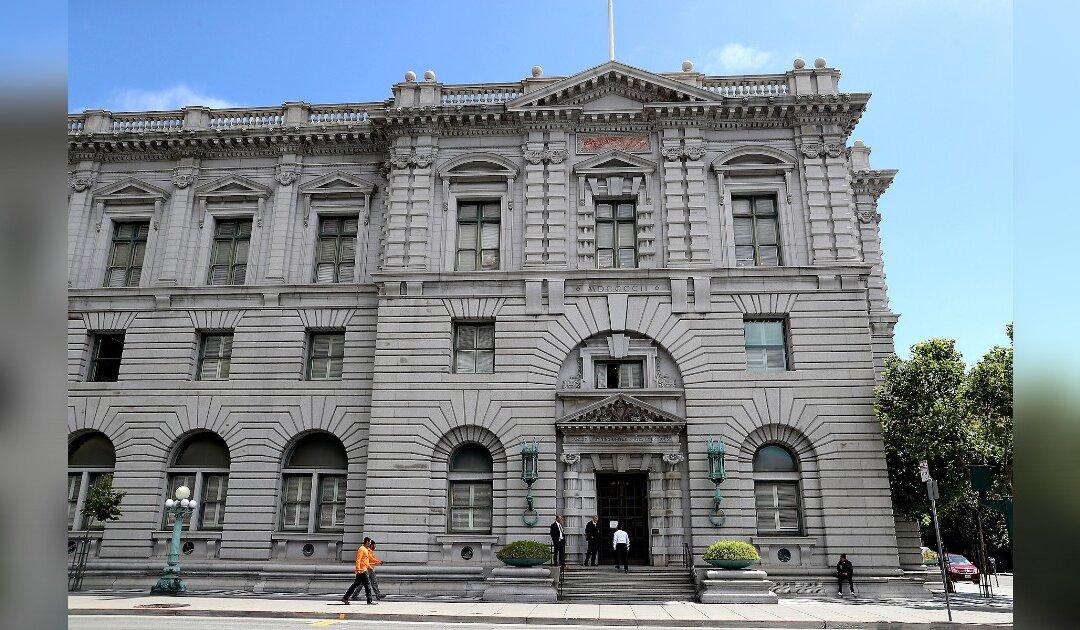A federal appeals court has allowed a Trump administration family-planning rule to take effect that prohibits medical clinics from using a federal grant program, known as Title X, to perform or refer abortions.
The 9th U.S. Circuit Court of Appeals on Feb. 24 ruled 7-4 to lift injunctions ordered by courts in Oregon, California, and Washington state, while the cases play out in the courts. A three-judge panel from the court had previously lifted the injunctions, prompting abortion-rights groups and states to appeal the case to the full court of the circuit court for review.




